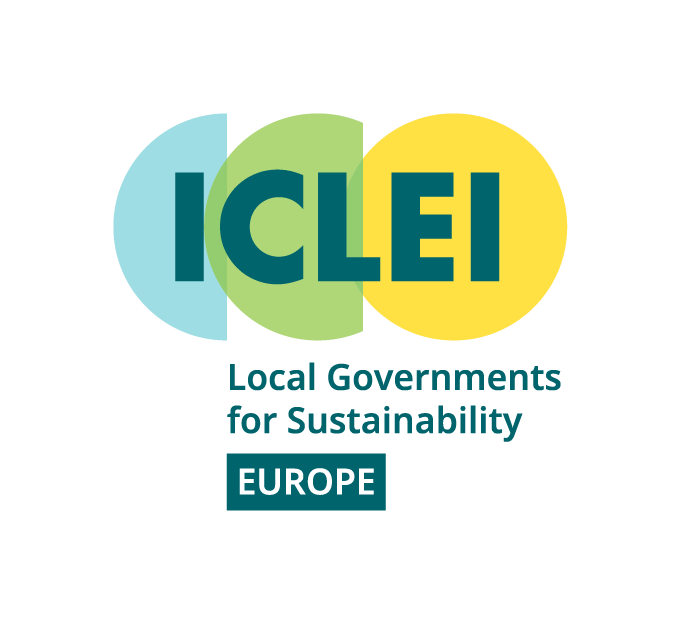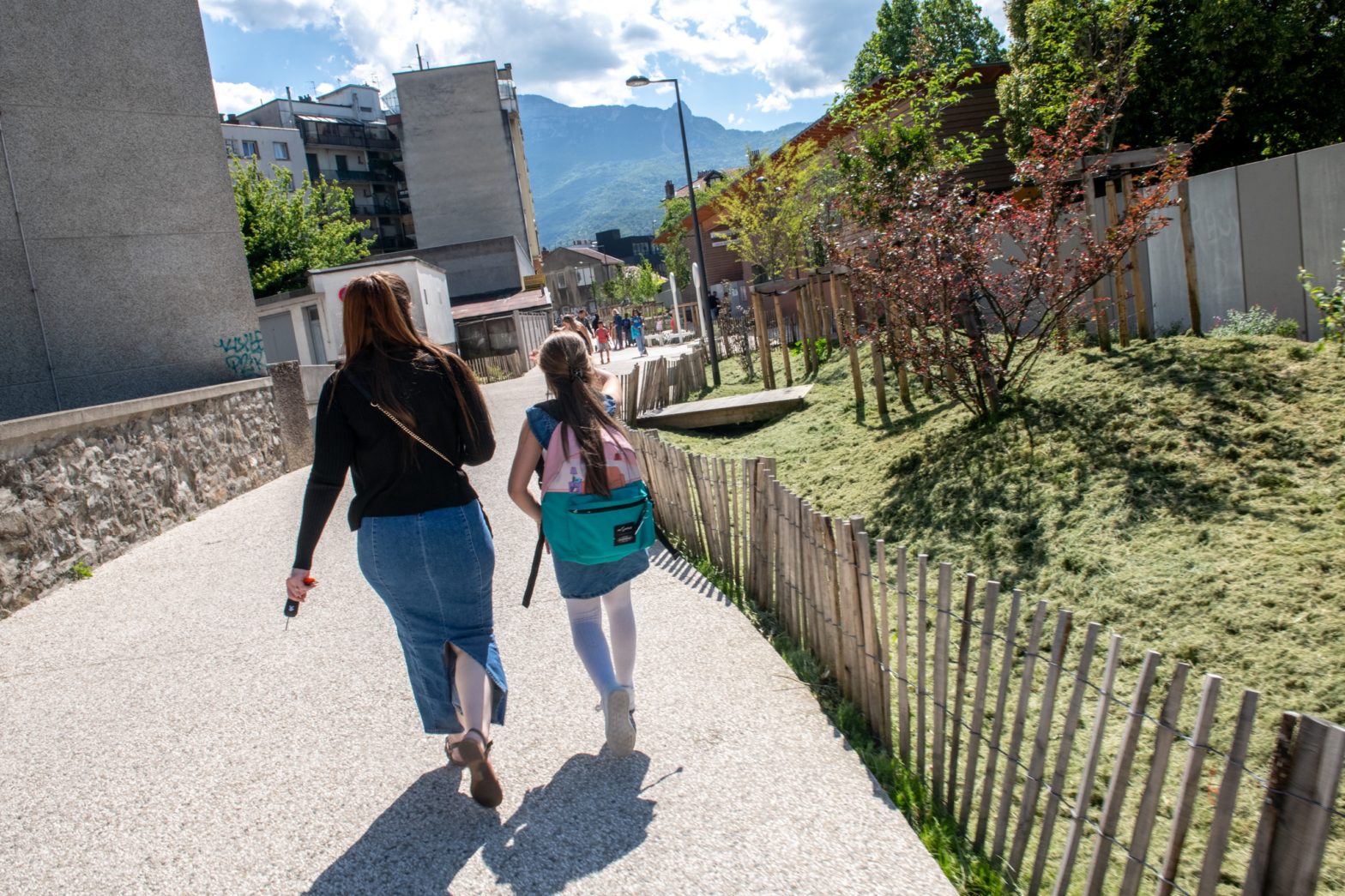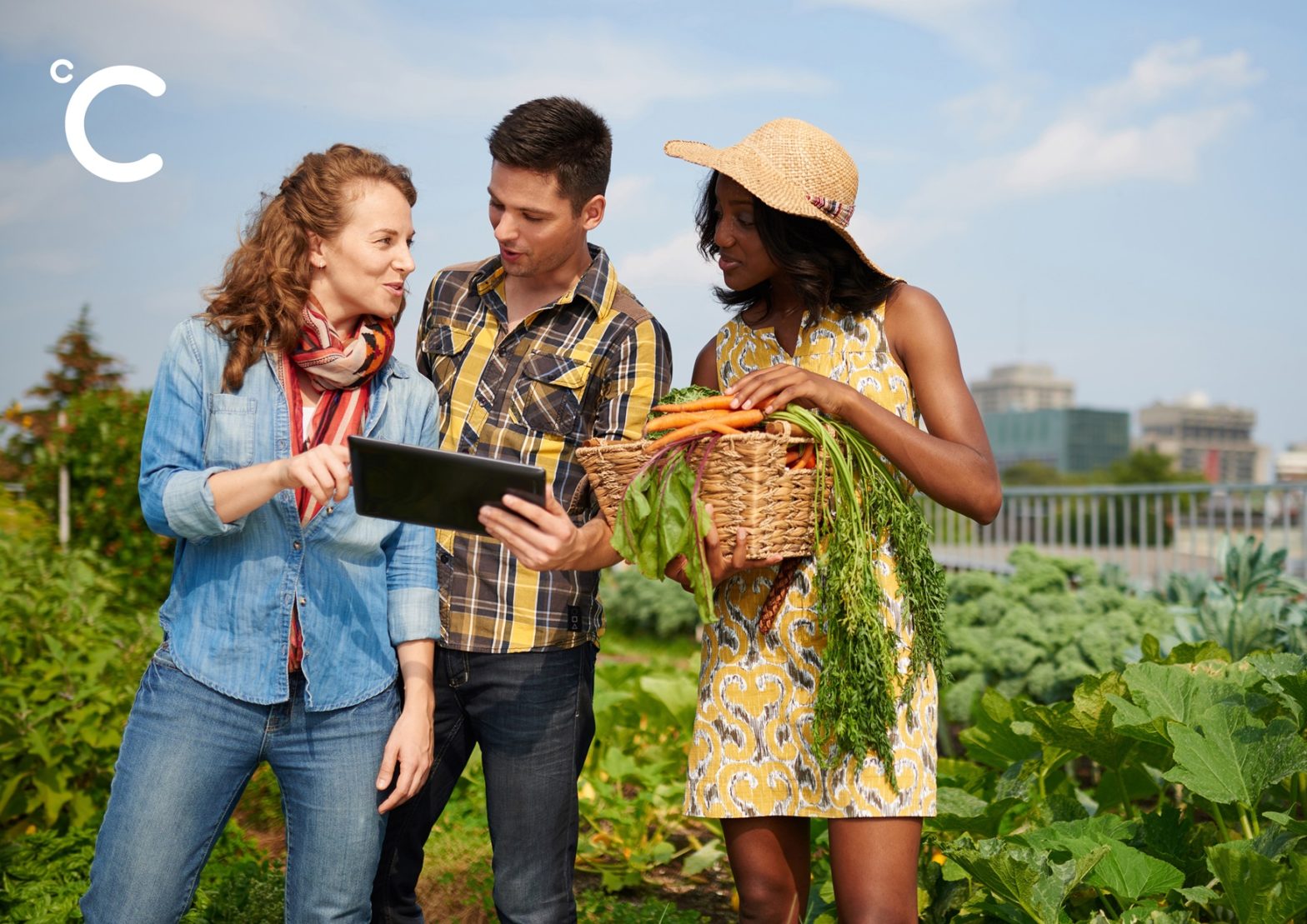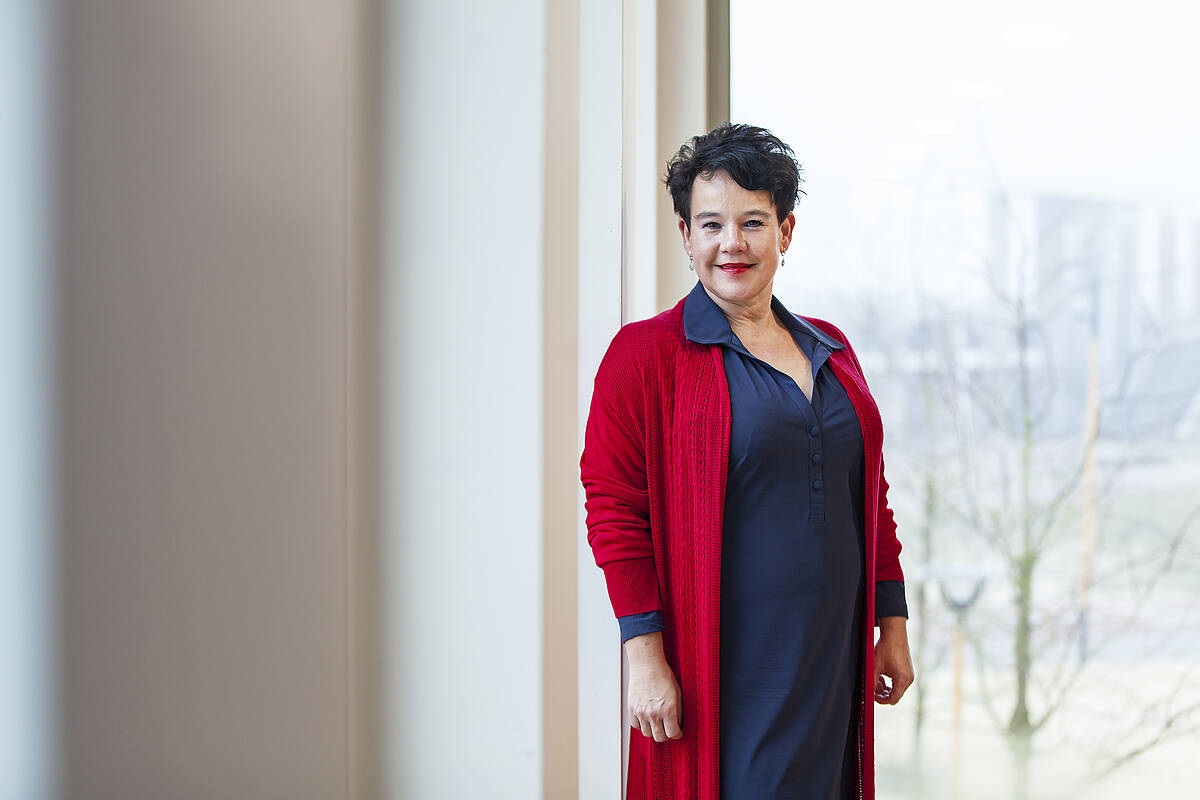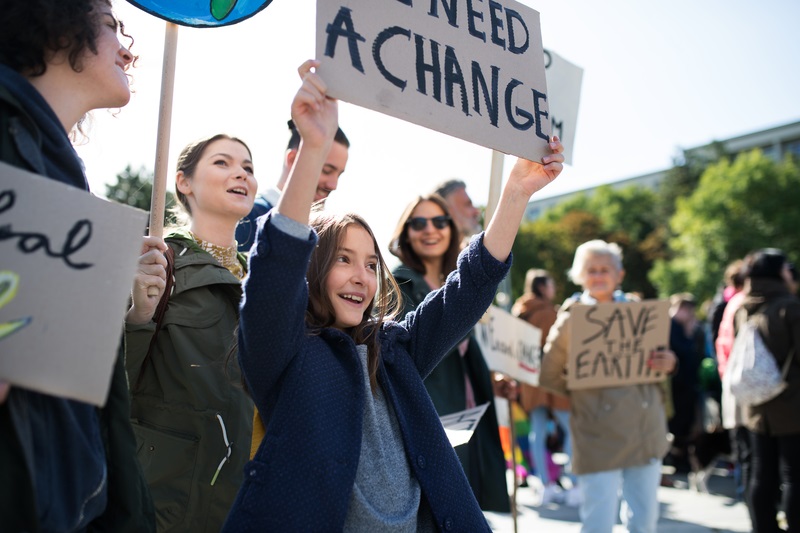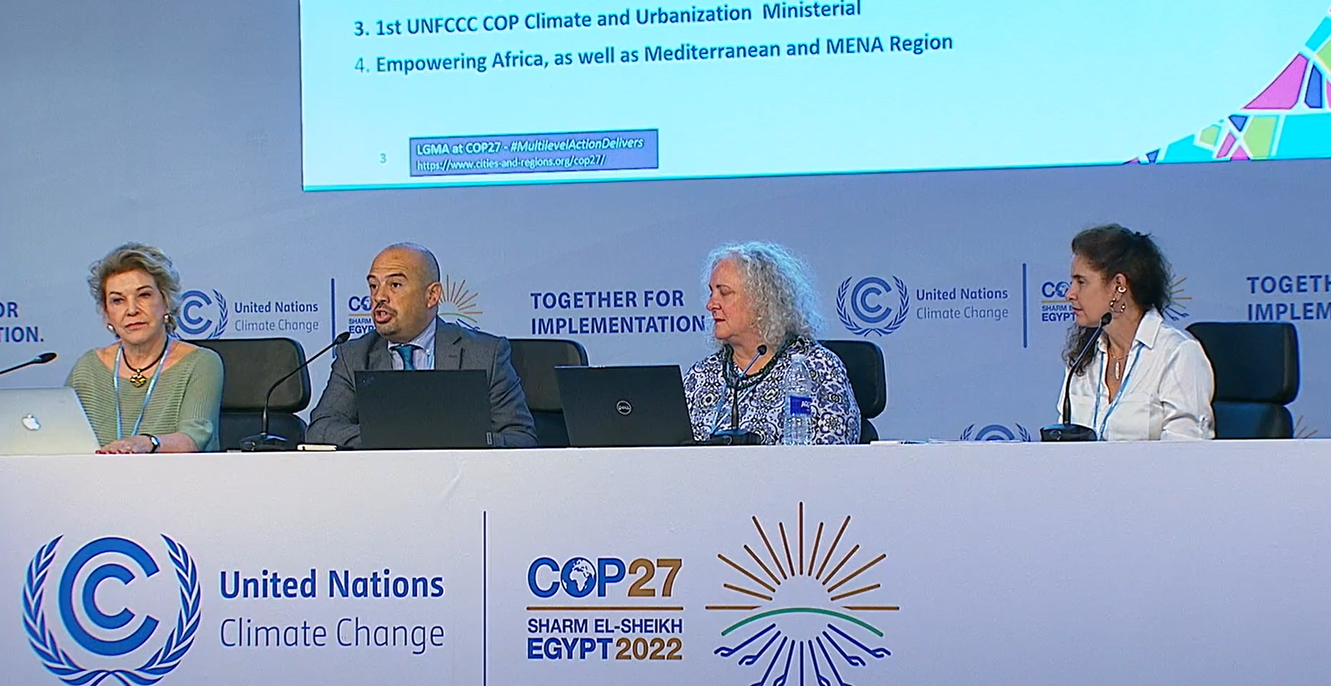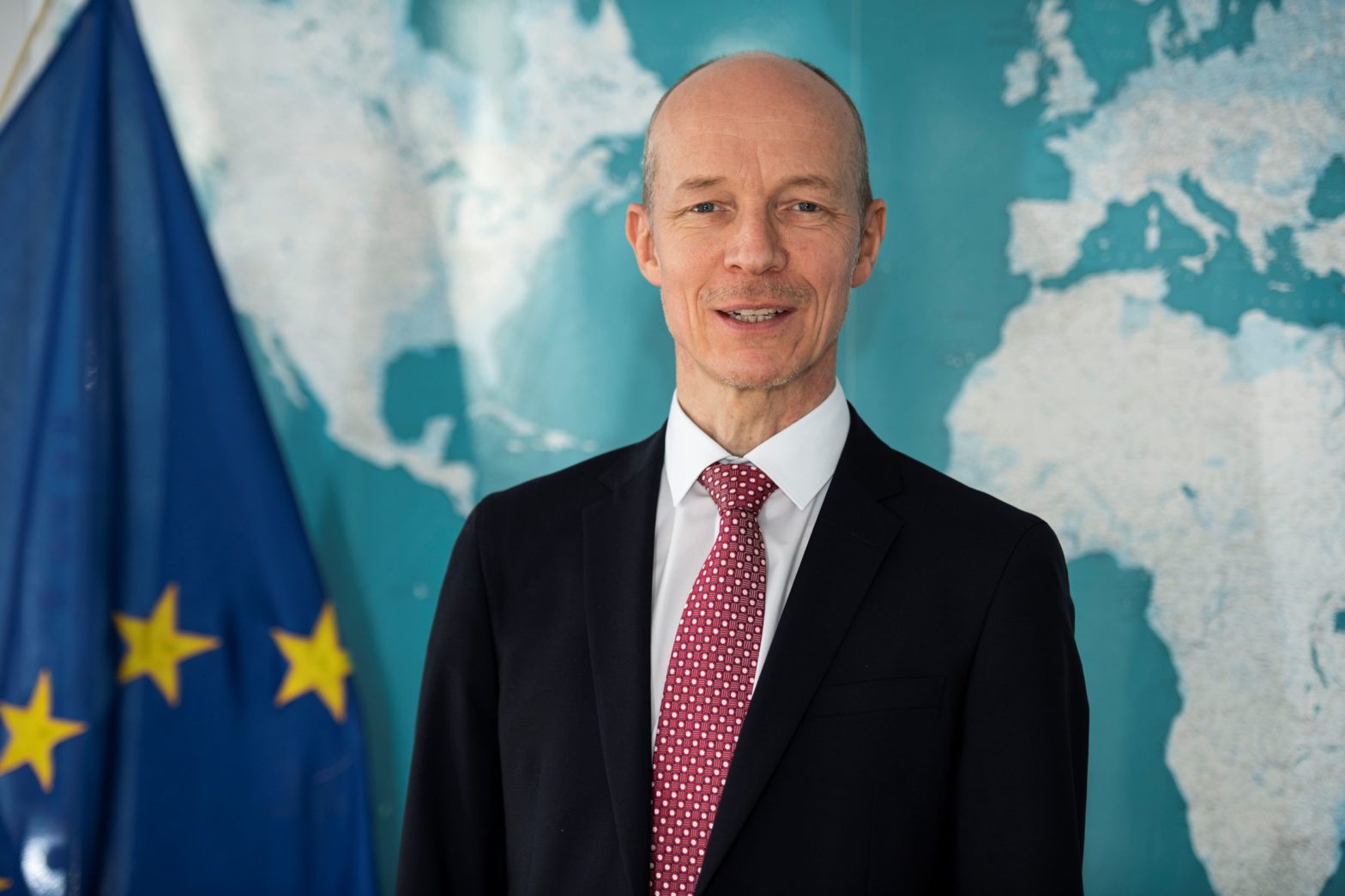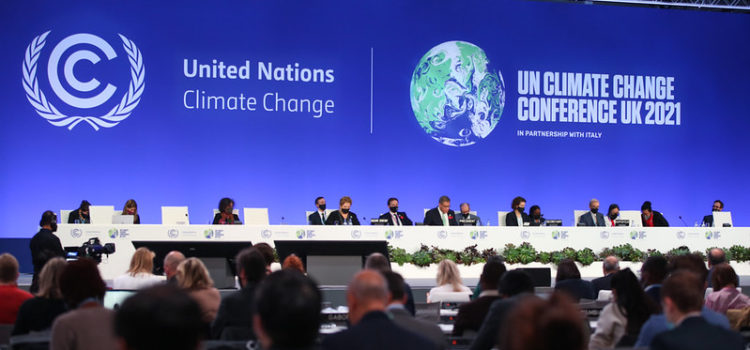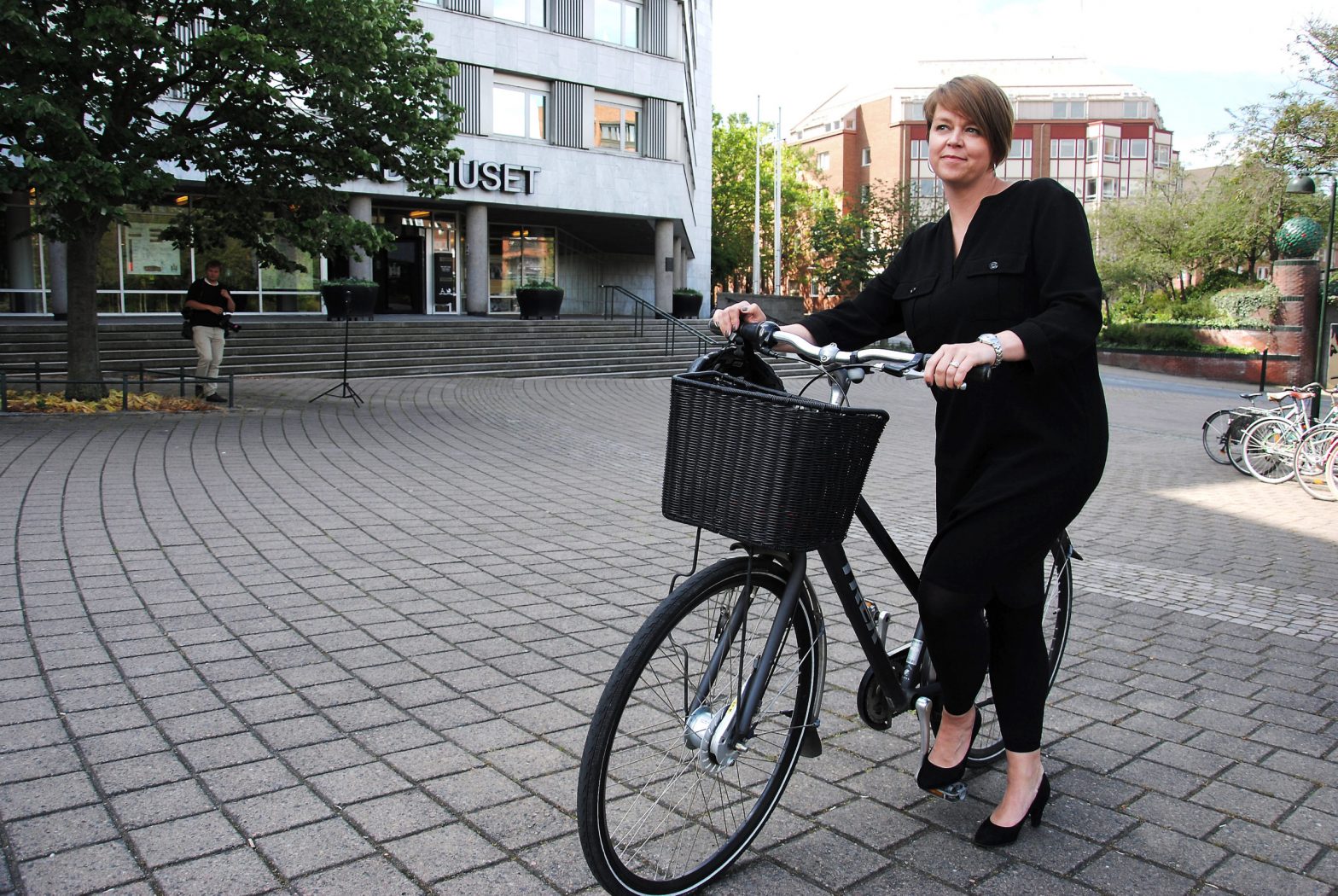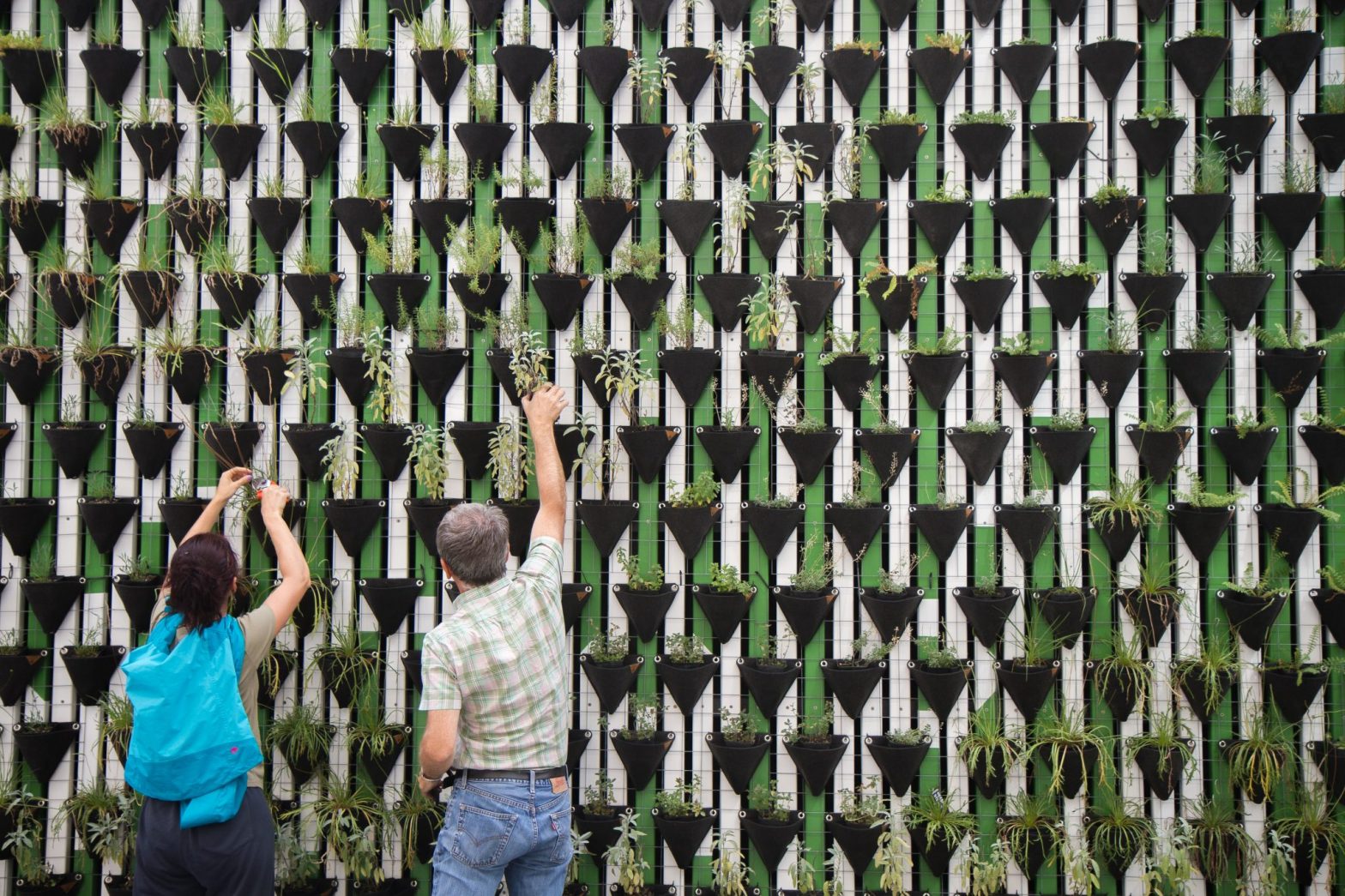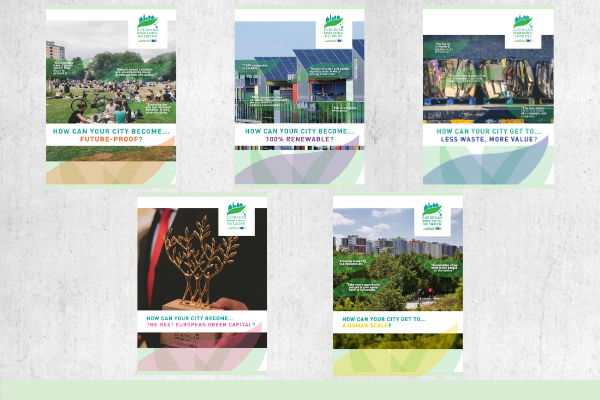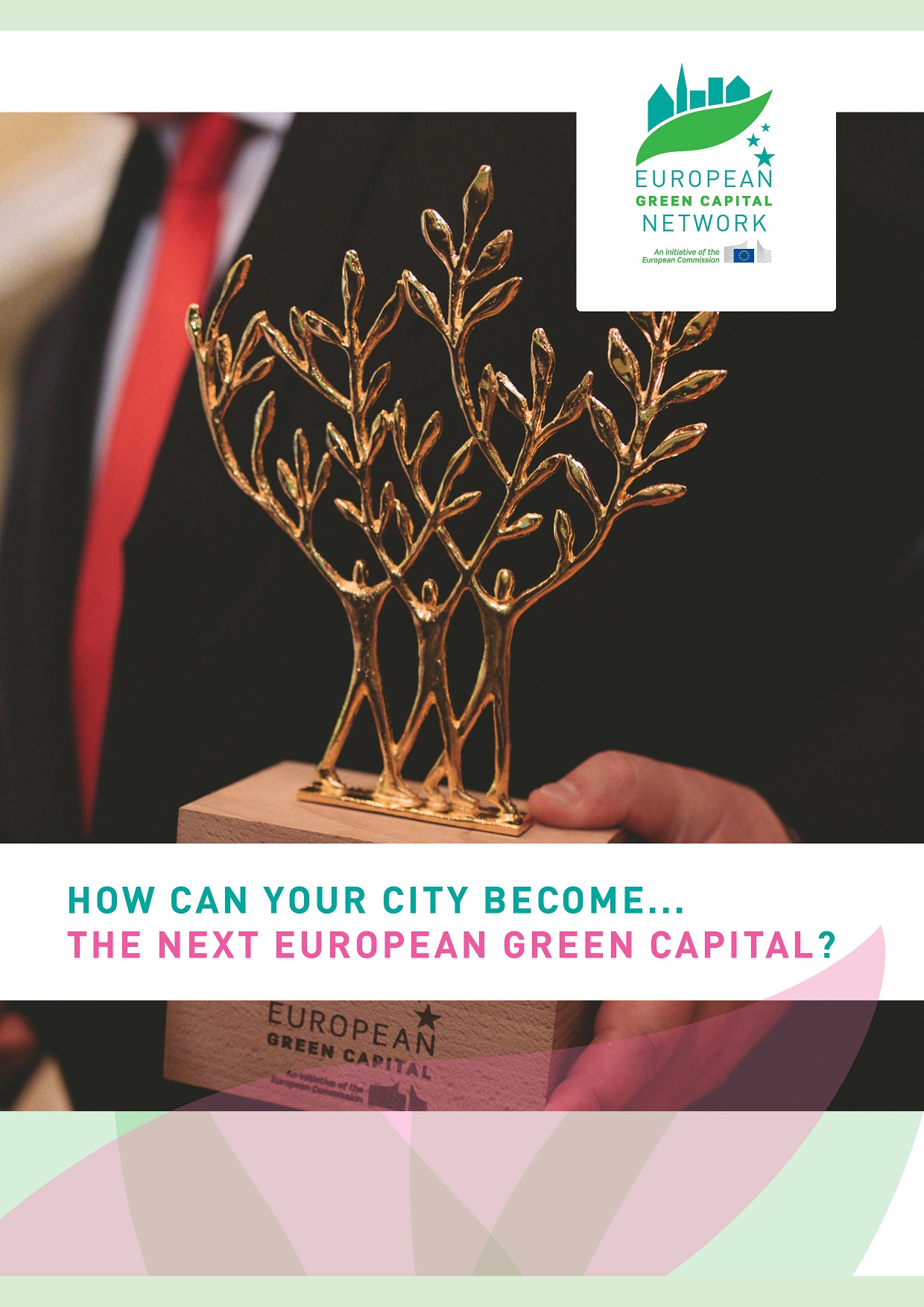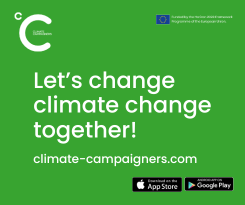
Photo: (c) Pekka Vallila, City of Turku
Turku’s circular economy plan focuses on fairness
19 January 2022
Authors: Marion Guénard and Rebecca Wessinghage, Circular Development Team, ICLEI World Secretariat.
In line with its ambitious and inclusive 2029 climate neutrality strategy, Turku wants to support a fair circular transformation of economic systems that benefits all city residents. The newly released Circular Turku Roadmap map shows how this can be done using three dimensions: access, participation and opportunity.
Circular economy practices are often linked to the promise of new employment opportunities and societal benefits, especially at the local level.
For instance, supporting regional and circular food production holds the potential to increase access to food for all and to ensure fairer incomes for producers. Putting vacant spaces back in use offers opportunities for improved access to affordable and liveable public spaces. The dismantling and handling of reclaimed construction materials and components from demolition sites is more labour-intensive than conventional practices and therefore opens up a chance to create new employment opportunities for city residents.
However, without an assessment of the potential inequality outcomes of circular economy practices and a plan to address them, the benefits of these innovations might be unequally distributed.
The newly released Circular Turku Roadmap is the first of its kind to include a social risk assessment for the planned interventions to ensure the Circular Turku transition is fair and inclusive.
Creating the roadmap
The roadmap development process itself was very inclusive. Over 200 stakeholders participated in mapping interventions to decrease waste production and resource consumption across five priority sectors: water cycles, food and agriculture, buildings and construction, energy systems and transport and logistics.
For each of the five priority sectors, the city of Turku and ICLEI – Local Governments for Sustainability worked together to assess how the planned interventions could be designed to support social equity.
The first step in this endeavour was to unpack the complex concept of social equity for application in practice.
Turku, which is collaborating with peer industrial legacy cities under the Urban Transitions Alliance for green and just urban transitions, was able to leverage support from the network.
Having experienced fundamental environmental, economic and social transitions, industrial legacy cities have learned to follow equity-based approaches to sustainable urban development and prioritise the needs of their local populations.
Developed from the forward-looking efforts of member cities to address local inequalities, the Urban Transitions Alliance equity framework enables cities like Turku to prioritise just opportunities for local residents when designing sustainability plans, with special consideration of vulnerable and disadvantaged groups.
Concretely, the framework breaks down social equity into three simple dimensions: Access to public services and infrastructures for all, public participation and inclusion of affected residents in the process, and opportunity in terms of fair education and career perspectives.
Social equity dimensions
When designing the Circular Turku Roadmap, this simplified approach helped to map how the planned interventions could benefit each of the three social equity dimensions and which pre-conditions would ensure a fair and inclusive circular transition. Derived from the process and its learnings, here are three risks linked to circular economy interventions and how they are addressed in the Circular Turku Roadmap.
Access: When circular innovations increase costs for consumers
Investments and innovations to support resource efficiency (e.g. data platforms), labour-intensive recovery processes (e.g. repairing, refurbishing) and regenerative processes (e.g. organic agriculture), which all form the pillars of a circular economy, may increase costs for end-consumers.
Monitoring the affordability of circular options for consumers, especially for low-income households, while implementing framework conditions to favour affordability and access for marginalised groups is key to ensure all residents benefit from the circular transition.
Participation: When scale supports circularity but impairs collaborative governance
Because circular economy infrastructure projects often play on synergies between public utilities (e.g. wasteheat recovery, nutrients recovery in wastewater treatment), they are often planned, implemented and governed from a top-down perspective, which may exclude residents from planning and decision-making processes.
As a result, the voices of those affected by proposals may not be heard. This can lead to strong opposition and “not in my backyard” movements.
To mitigate these risks, cities can allow participation in large-scale regional governance processes by creating a residents advisory panel or reserving a certain number of seats for residents, especially those living close to the rollout area, with a special focus to ensure the diversity of residents is well represented.
For specific large-scale circular economy projects, alternative tenancy and ownership models can be explored, such as community land trusts, housing cooperatives or urban food commons, to guarantee the direct involvement of city residents.
In any case, systematically including all stakeholders like residents, economic operators, urban planning experts, developers and decision-makers from early planning stages is critical to help prevent conflicts.
Opportunity: When circular jobs are created but the corresponding skills are not available locally
Circular economy practices, especially when linked to reuse and recovery, are more labour-intensive than traditional practices.
The circular economy is also linked to new business models that promote resource efficiency in a systemic manner.
The skills to implement these new practices might not be readily available in the Turku region, meaning there is a risk that circular economy innovations would not benefit the local workforce.
The city of Turku acknowledges that efforts must be made to ensure that circular economy is taught at all levels of education in the Turku region — from early childhood education through higher and continuing education.
Just transition
To ensure a just transition across all priority sectors, the roadmap also recognises the importance of partnering with universities, training centres and social organisations to provide upskilling opportunities to regional stakeholders.
In addition, including social economy actors as main drivers of resource recovery processes and sharing models holds the potential to provide new employment opportunities to residents in need.
In the coming months, the city of Turku will continue to work with community organisations and youth groups to ensure circular economy practices are designed from the bottom up and benefit all residents, based on the findings outlined in the roadmap.
The risks highlighted above are not unique to circular economy projects. Rather, they can be associated with a wide variety of sustainability, innovation or redevelopment projects at the city level. Therefore, experiences in Turku offer learnings for local governments around the world. These learnings will be monitored by ICLEI and summarised in social equity guidelines for circular economy projects which will be shared across the ICLEI network in 2022.


